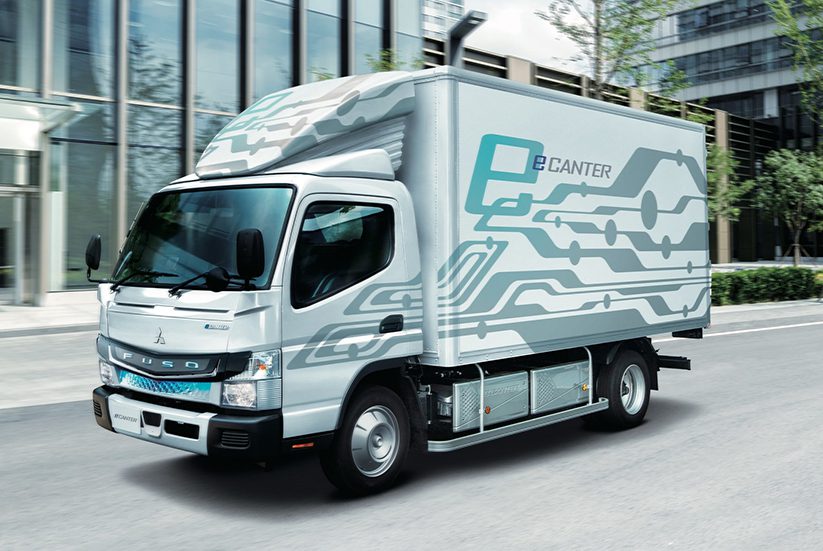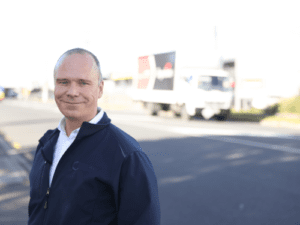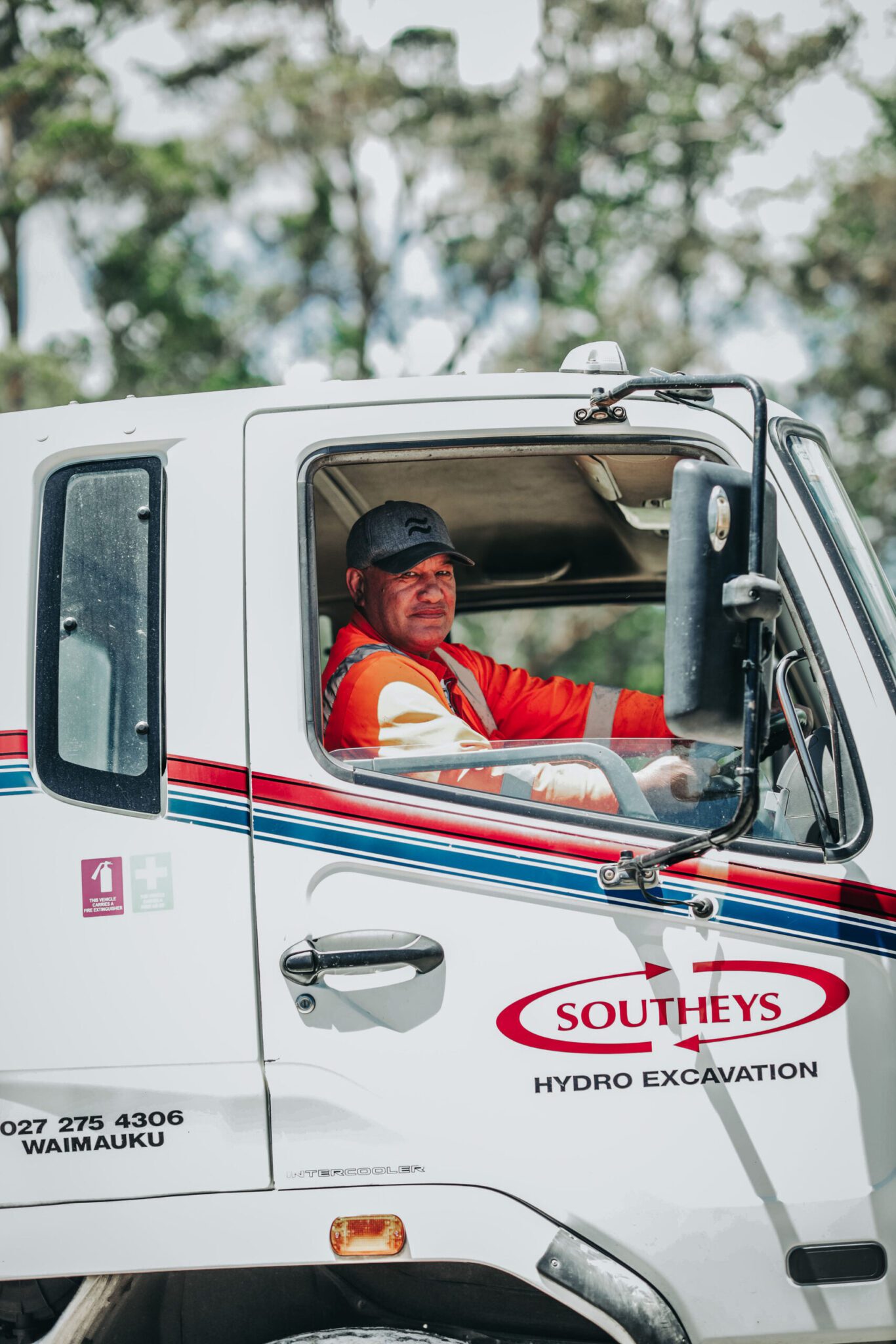Changing transport systems is not new for New Zealand. In 1922, Carr & Haslam introduced a petrol-powered Brockway into their horse and cart transport fleet, leading the way for an era of significant change to transport in New Zealand. Today, Carr’s grandson Chris Carr is again leading the way by integrating fully electric FUSO eCanter trucks into their Auckland fleet as a step to a more sustainable future. Despite the increased cost, and some limitations, Carr & Haslam are keen to start paving the way for the New Zealand transport industry to begin meeting its 2035 zero- emission mandates.
We have always been faced with change in the transport industry – ironically, transport solutions we thought long gone are now making a return due to their positive carbon impact, convenience, and speed around town. For example, the demise of the nineties cycle couriers upon arrival of the internet is being reversed with the arrival of e-fleet bike couriers able to transport 125kg of cargo in lockable boxes.
So, systems shifts are not new. But what’s coming next?
Freight and supply chains are important and complex. The pandemic has exposed several vulnerabilities. And across New Zealand:
- 280 million tonnes of freight are moved around the country every year
- 99% of New Zealand’s international freight volumes are carried by sea
- 93% of New Zealand’s domestic freight volumes are carried by road
Major trends pose significant challenges and opportunities.
Climate change: faster adaptation to climate change impacts is needed to mitigate damage to infrastructure and frequent disruption from weather events. Meeting mitigation goals by reducing emissions, increasing efficiency, and increasing mode choice needs to be accelerated.
Population growth and density: emission reductions targets are challenged by predicted increases in freight volumes and concentration, pressure on transport infrastructure and corridors, and competition for land use.
International developments: we are faced with an increasingly volatile geopolitical landscape, and international freight decisions such as larger ships, vertical integration and low emission ships.
Digitisation and technology: potential disruptors to existing ways of moving freight and opportunities to integrate operations, improve visibility and efficiency.
What does this all mean? As we have seen throughout the pandemic there is increasing uncertainty and difficulty in managing supply chains. Rising freight costs will increasingly impact New Zealand businesses, and there is a recognised need to improve productivity and resilience as we move to a low emissions future.
Feedback on the recent National Freight & Supply Chain Strategy consultation told us that we need to be clear about Government’s role, and we need industry to collaborate with us to ensure success. A long-term infrastructure investment planning pipeline is required to give industry certainty to plan their own investments. We need to address consenting and spatial planning issues, and support must increase for an intermodal freight system with a more structured approach to ports. Improved freight data collection and sharing is a given and addressing labour concerns across the industry is critical. We need to be conscious that as we transition the costs are not inadvertently borne by those who can least afford it.
The way forward must be strategic and coordinated – in partnership, evidence-based, and multi-modal. It needs to:
- Provide a long-term and system-wide view of the country’s freight and supply chain system
- Provide strategic direction to inform investment decisions by government, mana whenua and the private sector
- Align relevant policies across government
- Support coordination and info sharing across the system where appropriate
Collaboration across stakeholders and industry will be key, as there are many questions still to be answered. But collectively there is agreement that together we are stronger and together we can create the solutions for a sustainable freight and supply chain for New Zealand.




